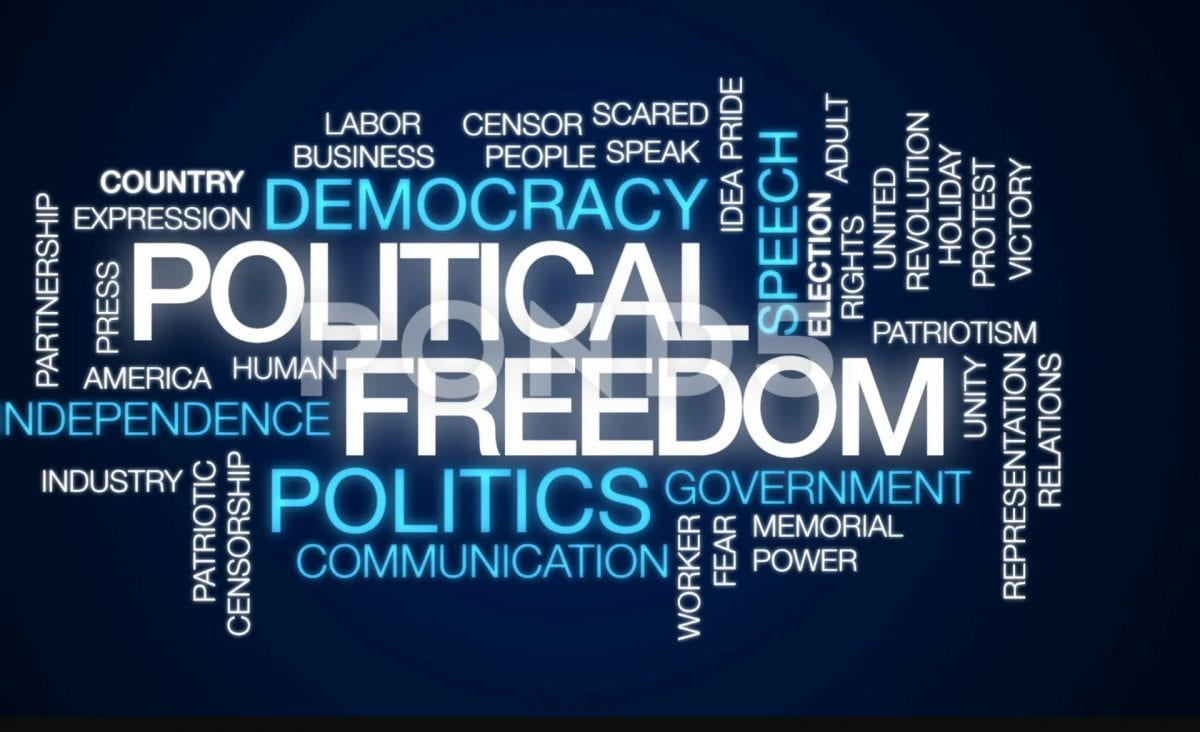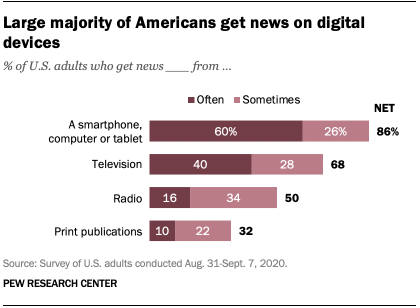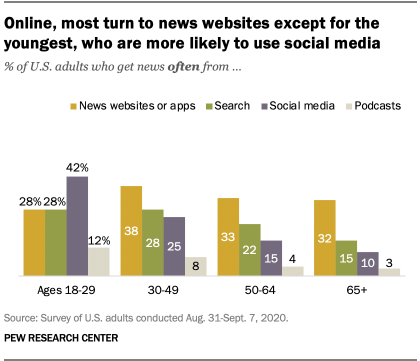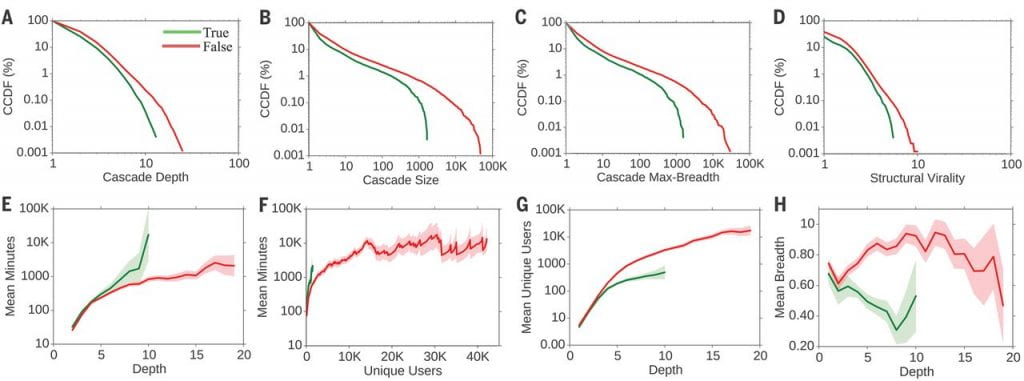The rise of fantasy sports has transformed how fans engage with professional athletics, blurring the boundaries between data, identity, and commerce. But, while online fantasy sports platforms continue to evolve into a mature, multi-billion-dollar industry, the balance between the publicity rights of the professional athletes featured on those mediums, and the First Amendment rights of the online intermediaries is still on delicate footing.
As these platforms continue to advance, they expose a fundamental tension in our legal system: the fragmented and inconsistent nature of publicity rights across states. Professional athletes argue that the unlicensed or unapproved use of their names and statistics constitutes a commercial exploitation of their identities, while fantasy sports enterprises contend that such data are publicly available facts protected by the First Amendment. This unresolved conflict underscores the urgent need for a federal right of publicity statute…one that harmonizes legal standards, reduces costly litigation, and provides a coherent framework for balancing economic innovation with individual rights in the digital era.
 What is the Right of Publicity?
What is the Right of Publicity?
The right of publicity protects against unauthorized commercial use of someone’s name, image, or likeness. Most states have a publicity rights statute, however a statute is not a prerequisite to enforce one’s right of publicity. Many courts arrive at the same outcome using state common law.
In New York, the state’s publicity rights statute was interpreted by the court in Stephano v. News Group Publications, Inc.. In this case, the plaintiff was a fashion model who brought suit against the defendant, a photographer, who used his picture for commercial advertising purposes without the plaintiff’s consent, thus violating his statutory right of publicity. Here, the New York Court of Appeals ruled in favor of the plaintiff.
Moreover, the court reasoned that the statute is not limited to situations where the defendant’s conduct has caused distress or harm to a person who wishes to lead a “private life free of all commercial publicity.” Rather, the court held that by its plain language, the statute applies to any use of any person’s image for commercial purposes whenever the defendant has not obtained the person’s written consent to do so. It follows from this decision that, regardless of a person’s publicity status (i.e., a professional athlete v. your average Joe), he is covered under the statute.
What’s in a Name?
So — what does the court’s decision in Stephano have to do with the world of online fantasy sports and professional athletes? Well, athletes argue that the use of their names, images, and stats constitutes a commercial appropriation of their identities, allowing private companies to profit from their identities without consent or compensation. On the other hand, fantasy sports platforms maintain that players’ statistical data are publicly available facts, not proprietary information, and thus their use is protected under the First Amendment. This disagreement has placed courts in a difficult position, as fantasy sports platforms do not fit neatly into either category of commercial exploitation or pure free speech.
The unpredictable nature of the right of publicity is best illustrated through the inconsistent outcomes in key cases involving fantasy sports platforms. In C.B.C. Distribution & Marketing, Inc. v. Major League Baseball Advanced Media, the Eighth Circuit confronted whether the use of player names and statistics in fantasy baseball products violated players’ rights of publicity. While acknowledging that a violation technically existed, the court held that the First Amendment interests in disseminating factual data outweighed those rights.
The District of Minnesota reached a similar conclusion in CBS Interactive v. NFL Players’ Association, extending the Eighth Circuit’s reasoning to fantasy football and reaffirming that the publication of player statistics equates constitutionally protected expression. Conversely, in Gridiron.com, Inc. v. NFL, the court took the opposite approach, rejecting the First Amendment defense and finding that the online platform’s use of player images and information constituted commercial exploitation in violation of the NFL Players Association’s exclusive licensing rights.
The latest test of this legal imbalance is now before the U.S. District Court for the Eastern District of Pennsylvania, in the case of MLB Players Inc. v. DraftKings & Bet365. In its complaint, MLB Players, Inc. (the MLB’s Player Association group licensing subsidiary) alleges the online fantasy/gambling platforms of misappropriating the images and likenesses of numerous MLB players on their online and mobile platforms. Plaintiff emphasizes it was not suing “to protect MLB players’ personal privacy interest, but rather the commercial value of their NIL rights.” Still pending in federal court, the court’s ruling here could seta new precedent after 71 years of sports-related litigation arguing over professional athlete’s publicity rights.
Without a federal publicity rights statute and a lack of uniformity across jurisdictions, the ultimate burden falls onto the litigants. The troubling fact is that identical conduct may be lawful in one jurisdiction and unlawful in another. The end result? A legal patchwork that breeds uncertainty, invites forum shopping, and imposes significant litigation costs on all parties involved.









